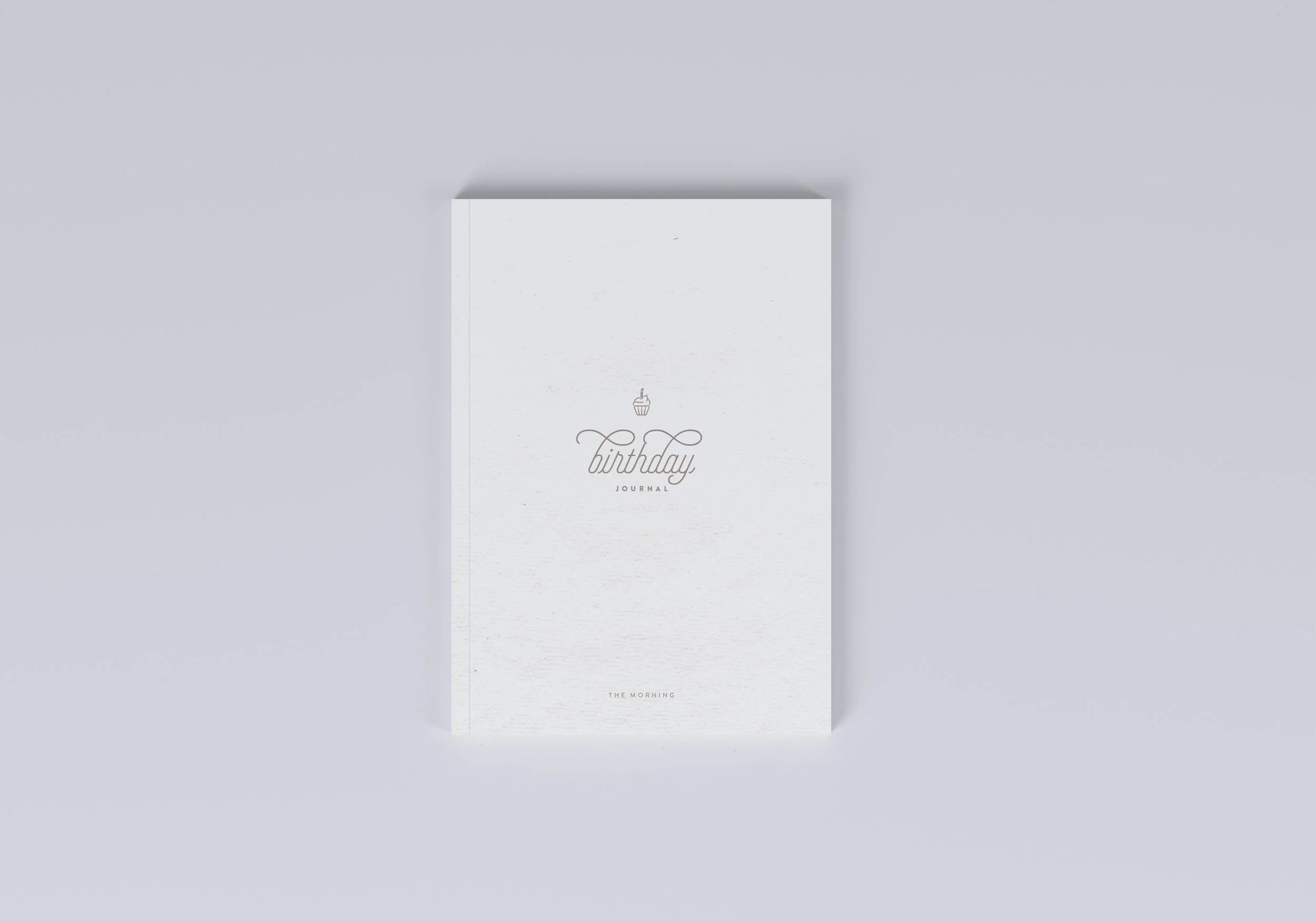infant loss
FIND HOPE, SUPPORT & COMMUNITY AFTER
Hi, friend. I am so sorry.
I am so sorry for the loss that has led you here.
I am so sorry your baby died and for the tremendous pain that you have experienced and are experiencing still. Maybe your baby’s death was sudden, unexpected and still unexplained. Maybe you watched as emergency workers and doctors and nurses worked to bring life back into a lifeless body. Maybe you knew this day was coming, the doctors told you to prepare for this, and yet even knowing could not possibly prepare a mother to say goodbye to her child.
I am so sorry that you begged God to save your baby and He said no. I am so sorry that you didn’t have more time – more time to hold and to cherish, to memorize every facet and detail, more time to say goodbye; to watch them grow up. I am so sorry for the layers and layers of trauma you have endured. I am so, so sorry.
Whether your loss happened today or months or even years ago, whether you had weeks or months together, was given a diagnosis weeks ago or died without explanation, I want you to know that your loss is valid, your pain is real – you are free to grieve your loss because your baby mattered and matters still. You matter. You are loved, you are valued, you are known.
xo, Ashlee
common questions
after infant loss
-
March of Dimes gives this really helpful definition about grief: "Grief is all the feelings you have when someone close to you dies. You may find it hard to believe that your baby died. You may want to shout or scream or cry. You may want to blame someone. Or you may want to hide under the covers and never come out. At times, your feelings may seem more than you can handle. You may feel sad, depressed, angry or guilty. You may get sick easily with colds and stomach aches and have trouble concentrating. All of these are part of grief."
You don't have to be afraid of grieving a certain way or not grieving a certain way. No feeling is “too much” or “not enough.” Everyone grieves differently, and that’s okay. Allow yourself to feel as you’re feeling and know that those feelings may ebb and flow over time.
-
Grief can carry with it many, many different emotions and expressions. Grief looks different from one person to the next, even when they have experienced the exact same loss. And even if you have experienced loss before, even a similar loss, every loss carries its own unique grief expression – that means that your response may feel very foreign, even to you. It may feel confusing, you may not recognize yourself and may feel uncomfortable in the unknown of it all. Because grief looks different in everyone there is no right or wrong way to grieve – grief is all the feelings, sometimes all at once and sometimes numbness, no feelings at all. Instead of asking if your response is normal, ask, how am I feeling today? What feels helpful in my grief today?
-
No, you did nothing wrong. While it can be tempting to play the “what if” game, the reality is that we cannot control life or death. Even if there is a “reason” for your loss, we are not the ones who can create life or number our days; we simply aren’t that powerful. If you’re wrestling with guilt or shame over this topic, we recommend you share honestly with someone you trust and/or a professional counselor or therapist to help you process why you’re feeling that way and to live by truth, instead.
-
Funerals or memorial services are very appropriate for your baby, if that feels helpful to you. Some families choose to honor their baby’s life with a large gathering, others choose something more private, and others choose not to have a service at all. Funerals or memorial services can give you a chance to mark the significance of what you’ve experienced and can be a step towards healing for many women. Our funeral planning resources can help you through this tender process.
-
Our favorites are linked here.
-
It's incredibly challenging to know how to talk about our babies after they have died. Such an integral part of who we are and the story of our family but it feels awkward and uncomfortable – because death is awkward, it’s uncomfortable and its painful – because this is not how it was ever meant to be. Babies were never meant to die. We can feel unsure about how to talk about our babies for fear of upsetting the other person or making a situation awkward. We can feel unsure about how to talk about our babies because the details surrounding their death are incredibly painful and we are wrestling with guilt or we just desire to keep certain aspects private. The advice I would give is this, it will be awkward and that’s ok. Feel the freedom to share as much or as little as you would like to share. Feel the freedom to answer honestly about the number of children you have, explaining that one of your children died or come up with an answer that feels safer in this season – maybe it’s just slightly abbreviated. You are not responsible for how another person may feel at hearing your story. It takes time and practice to settle into sharing about your baby and your story, that’s ok. Most importantly, I want you to know that no matter how you decide to share about your baby it does not determine your love for them or their value.
-
Our recommendation would be to not rush the process. There is no hurry. In the midst of pain it can feel appealing to pack everything up so you just don’t have to see it but the pain will still be there. Feel the freedom to leave things as they are or simply close the nursery door until you are ready to make decisions about those things.
When you feel ready, and this may be months later, take some intentional time to find something beautiful to house your favorite baby things – this is an act of mothering your baby and one that will provide healing as well as opportunity to mother him or her in the future especially on important days like holidays, birthdays, and anniversaries. Place your favorite things that you want to keep just for this baby there, along with photos, and any other special keepsakes. One mom recommended having professional photos taken of her baby’s nursery before she changed it to prepare for a new baby.
You can choose to keep some things for future children, you can choose to donate some or all to an organization that is meaningful to you or a family in need as a way of honoring your baby or you can choose to pack it all away and store it. There is no right or wrong answer about what to do with your baby’s things, and take your time; don’t throw anything away or give anything away or donate anything in those early fresh days of grief where the pain is influencing your decisions. Your future self will thank you for being patient with yourself in this season.
-
This is a very sensitive topic for many moms and can take you by surprise. First, we want to say, again, we’re so sorry that you’re having to make these decisions. You have two options. You can choose to continue to allow lactation to occur by pumping your milk or you can dry up your milk supply with lactation suppression. We are not medical professionals, but from personal experience and talking with thousands of moms we know that there are various benefits to both options and no single right answer. We do recommend you consult with a medical professional and/or lactation consultant. Here is an article from La Leche League which explains both options a little bit more in depth and gives practical next steps for you. Here are also some brief suggestions gathered from our community.
For lactation suppression: Especially if you have already been producing milk, slowly space out pumping or expression to prevent a sudden loss of supply which can lead to complications like mastitis. There are natural methods of doing this. Many of the moms in our community have suggested CaboCreme and the PinkStork No Flow tea or vitamins as a helpful product in their journeys of suppression, but again, we recommend you speak with a medical professional about what is best for you.
For continuing lactation: Many women choose to pump their milk to be donated to a milk bank or family. There are physical, emotional, and spiritual benefits to this process including giving you space to escape, grieve, and physically do something in place of caring for your baby. In this article you can connect with a local milk bank in your area if that is a direction you want to go in. When you are ready to stop lactating, we recommend slowly spacing out how often you pump until your supply is gone. That can take about 2 weeks.
-
Unfortunately you may never have answers and that likely feels so hard and so heavy. However, we’ve learned from many moms that finding out what caused your baby’s death won’t necessarily provide the relief you are looking for. As grieving moms who have experienced the unthinkable, we think if we know WHY this happened, it’ll make more sense. But a baby dying never makes sense.
With that being said, feel the freedom to become your own advocate. Ask questions, do your own research, make sure you feel seen by your medical team – it is frustrating that you may have to take on this role to get the answers you desire and for that we are so sorry. If you do pursue testing, be extra gentle with yourself no matter what the results say.
-
We are not medical professionals and everyone’s situation is unique. Our first recommendation is to talk with your doctor about what would be best for you. What your body just went through was a lot, and while we know that you want a baby right now, it’s okay, and good, to take time to heal physically. It's also important to note that being on the same page with your spouse or partner is really important when trying to grow your family after loss.
There are two things to remember when you’re considering this question. First, no baby could ever replace the life of a baby lost. And two, no time waiting for another baby is ever wasted. That time is spent healing and growing and that time is valuable when moving forward to begin trying to grow your family again. So, talk with your doctor, talk with your spouse, and remember that no time is wasted.
-
I don’t know. But what I do know is that while our arms ache for the babies we’ve lost and the babies we long for, having a baby to fill those voids will not heal all of your wounds. Only God can do that – and we won’t know full healing this side of Heaven. Regardless of if you’ll ever have a baby in your home or not, your worth and value come from someone who calls you loved simply for being His. You can go to God with your ache and your pain for a baby. He comforts, he sees you, and he cares.
-
Due dates, birthdays, and other anniversaries can be incredibly challenging to face now that your baby is no longer here. Leading up to those big dates, you may feel a lot of conflicting emotions – or you may feel totally numb. Some women experience physical symptoms around these dates (our bodies remember too!) and some women feel more emotions after. To think through how to acknowledge these dates, click here. And remember: your baby’s value and your love for your baby are not dependent on what exactly you do that day!

“I am so grateful for The Morning having practical blog posts/articles that are real, authentic, and vulnerable. It helps me feel like I'm not so alone.”
— Julie, Miscarriage & Infant Loss Mom
FOR infant loss
top resources
What Now? Hope & Help after Infant Loss
01
What I Wish You Knew About Infant Loss
02
03
10 Things to Know About Grief After Baby Loss
Simple Coping Strategies for Grief After Baby Loss
04
My Story of Infant Loss and Finding Joy Amidst Grief
05
Deeper, more personalized, and intentional grief support
06
Never feel alone again.
Join thousands of women finding joy in their mourning in our free, online community.

“The stories from other moms have encouraged me so much, especially when I was in my deepest season of grief.”
— Sterling, Life-Limiting Diagnosis/Infant Loss Mom






